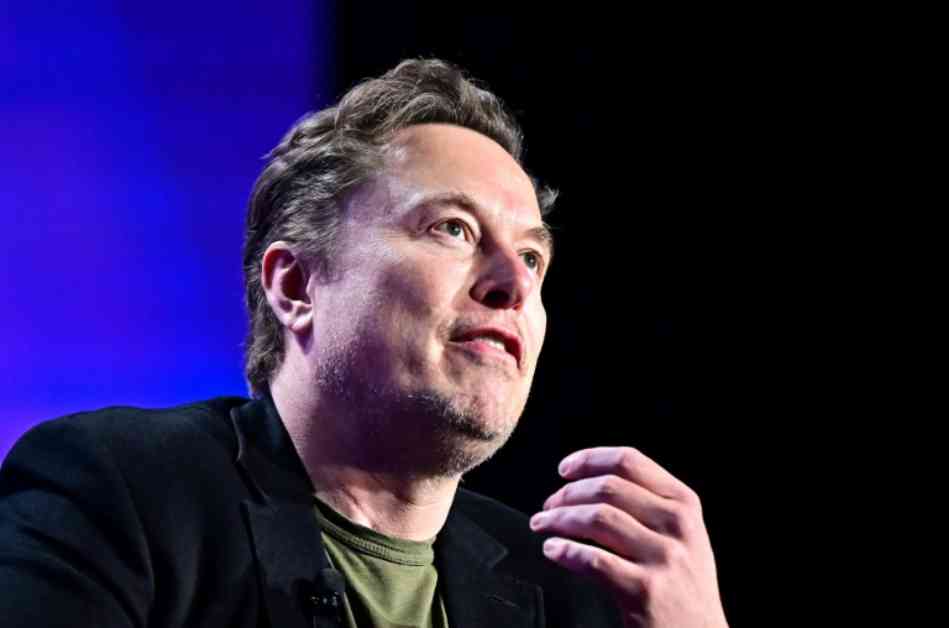Elon Musk, the billionaire entrepreneur, recently made headlines by offering victims of Hurricane Helene 30 days of free access to his Starlink satellite internet service. The announcement spread rapidly across social media platforms, garnering millions of views and sparking both praise and skepticism.
While Musk’s gesture was seen as a lifeline for those in affected areas who had lost internet connectivity due to damaged phone and fiber cables, some individuals raised concerns about the fine print of the offer. It was revealed that survivors would still need to pay $400 for the system’s hardware, in addition to shipping, handling, and taxes.
Furthermore, those who signed up for the free internet service would automatically be enrolled in a $120-per-month subscription after the initial 30-day period. This led to accusations of a bait-and-switch tactic, with critics claiming that the offer was more about taking advantage of people in need rather than genuinely helping them.
One resident, Kinney Baughman, expressed doubts about the practicality of accepting Musk’s offer, citing the challenges of obtaining and using the Starlink equipment in the aftermath of the hurricane. With power outages still affecting thousands of people, the reliance on electricity to operate the system raised significant concerns about its feasibility in the current circumstances.
In addition to the internet connectivity issues faced by Hurricane Helene victims, the broader context of the disaster recovery efforts highlighted various challenges. Elon Musk’s criticism of the federal government’s response to the hurricane, along with concerns about FEMA’s funding shortages for future disasters, underscored the ongoing struggles in addressing the aftermath of such natural disasters.
As communities in the affected areas worked to recover from the devastation caused by Hurricane Helene, the looming threat of another storm, Milton, added to the urgency of the situation. Evacuations were underway in western Florida as residents prepared for the potential impact of yet another destructive weather event.
Beyond the immediate concerns of internet access and storm recovery, reports of price gouging in the wake of Hurricane Helene highlighted the vulnerability of disaster-stricken communities. The TikTok video documenting inflated gas prices at a grocery store in Georgia served as a stark reminder of the additional hardships faced by those already reeling from the impact of the hurricane.
In conclusion, while Elon Musk’s offer of free internet service to Hurricane Helene victims was initially met with appreciation, the subsequent revelations about costs and subscription requirements raised valid questions about the true intent and impact of the initiative. As communities continue to grapple with the aftermath of the disaster and prepare for future challenges, the need for comprehensive support and sustainable solutions remains paramount.













